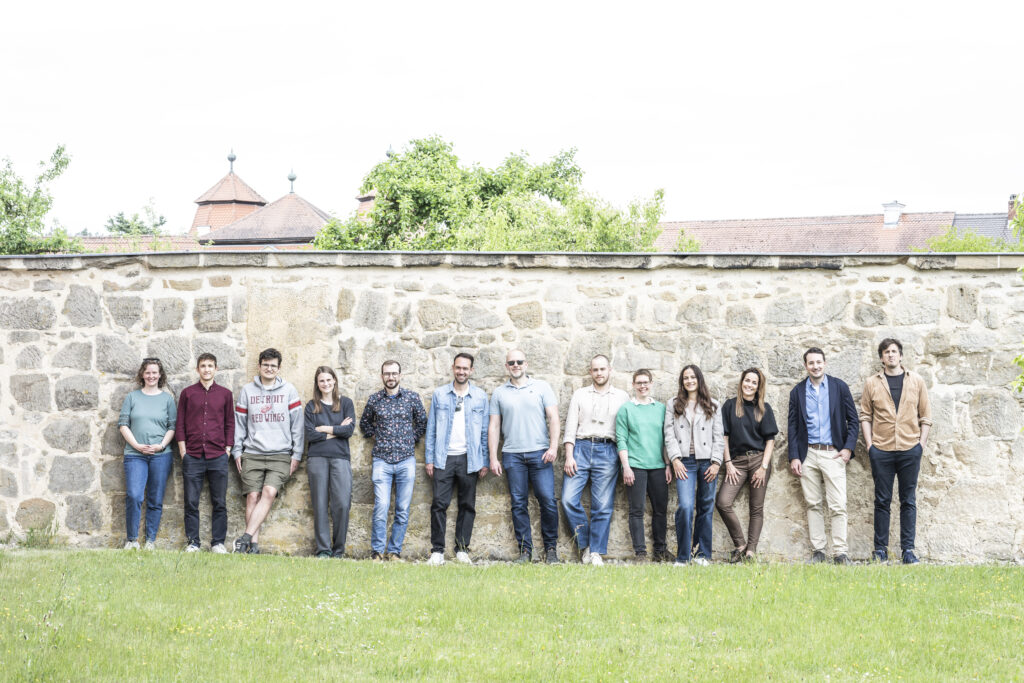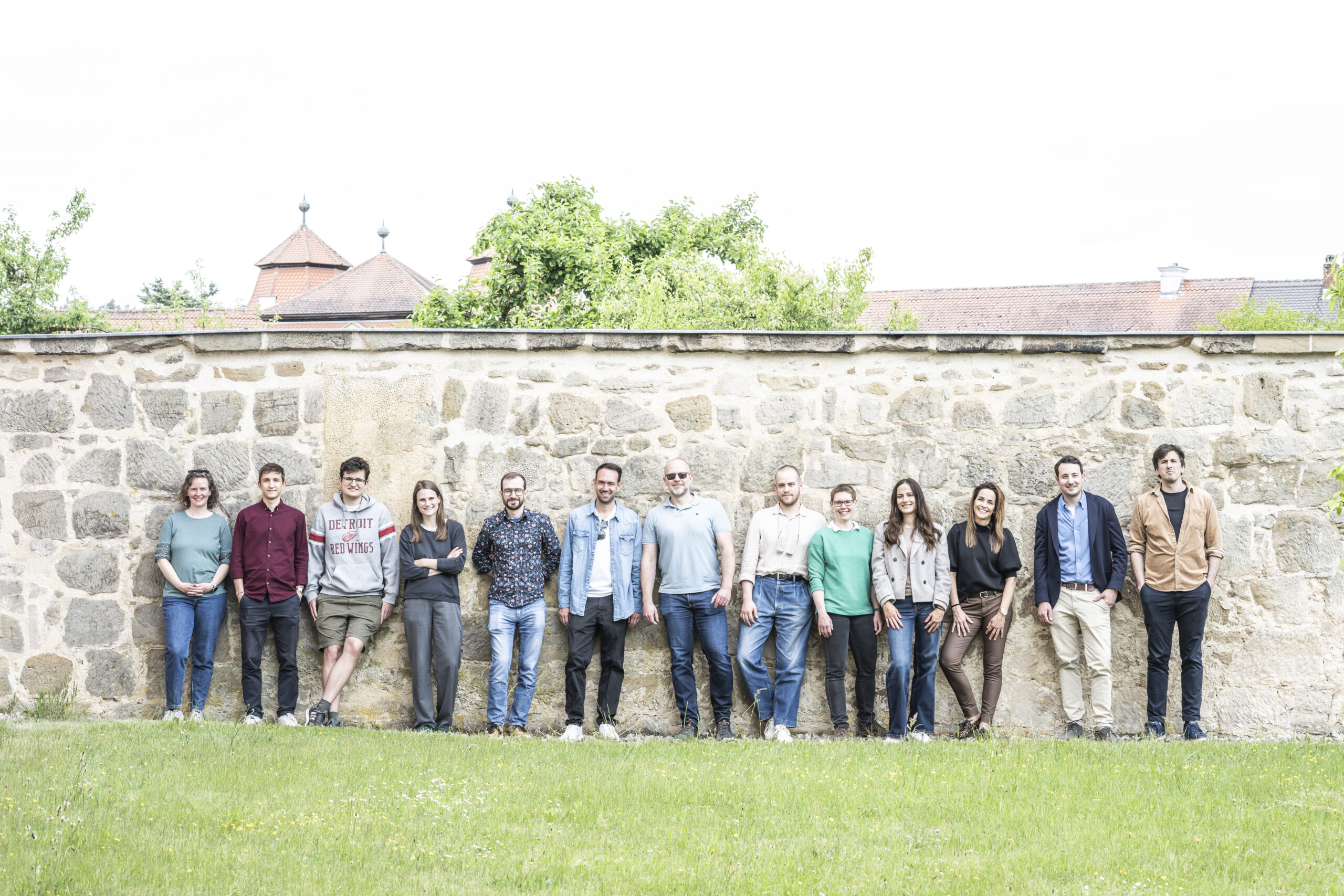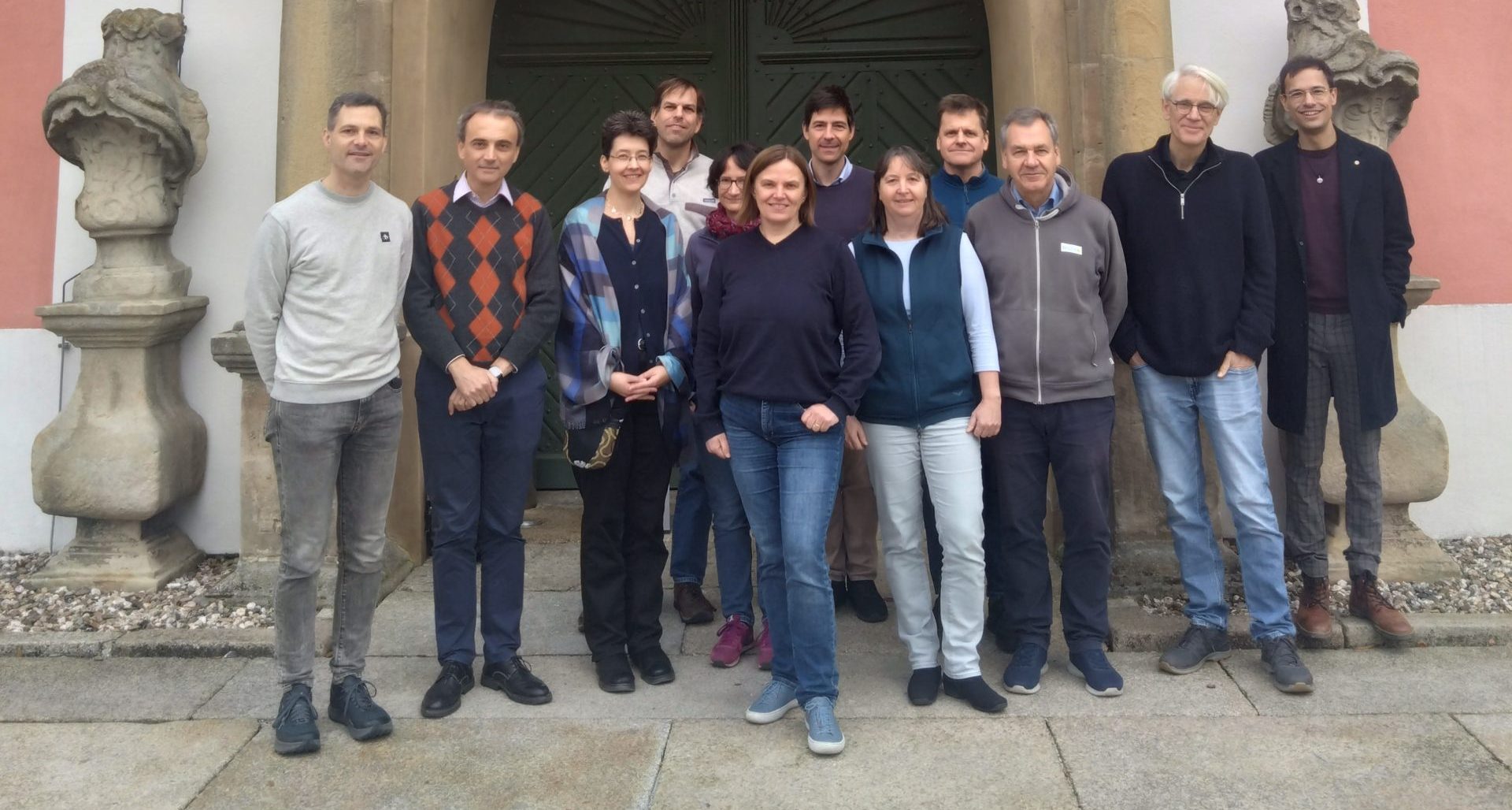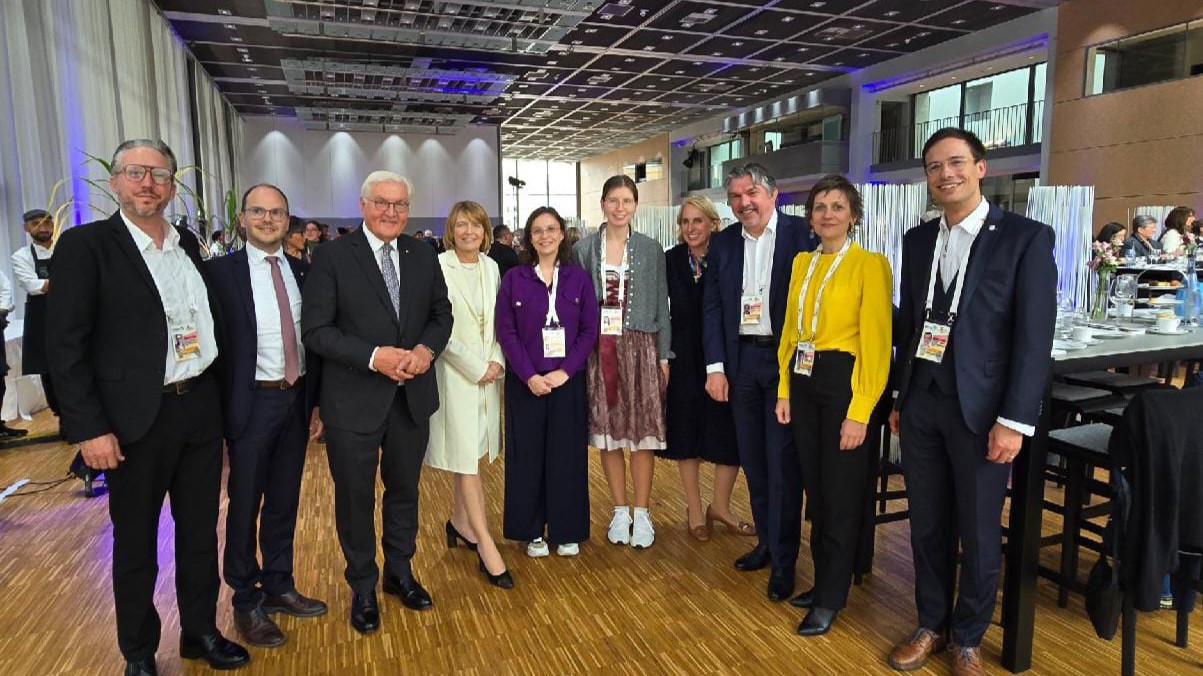We had the pleasure of hosting a research group from the project “For the Greater Good? Deepfakes in Criminal Justice” in Speinshart!
The 13 participants – including researchers from the fields of AI, law, and computer science – met with representatives from public prosecution offices to discuss the potential and limitations of using deepfakes in law enforcement.
The project is funded by the Bavarian Research Institute for Digital Transformation (bidt), part of the Bavarian Academy of Sciences and Humanities.

About the project
With generative artificial intelligence (AI), even laypersons can now quickly and easily create synthetic media. This is especially true for deepfakes, which can appear highly realistic and be used deliberately for deception. This opens up unexpected potential for law enforcement, as undercover investigations could make use of cloned voices, speech patterns, or video footage. However, the use of deepfakes raises a range of technical, legal, and ethical questions.
What is technically possible? What is legally permissible? And what are the ethical and societal implications?
This project aims to explore these questions from an interdisciplinary perspective, develop concrete recommendations for society and law enforcement on how to responsibly handle deepfakes, and bring these insights into practice using an interactive demonstrator. At its core, the project seeks to answer: under what circumstances and to what extent is the use of deepfakes socially acceptable?
Interested in even more information? Find an interview with the leading researchers here!





Join the conversation